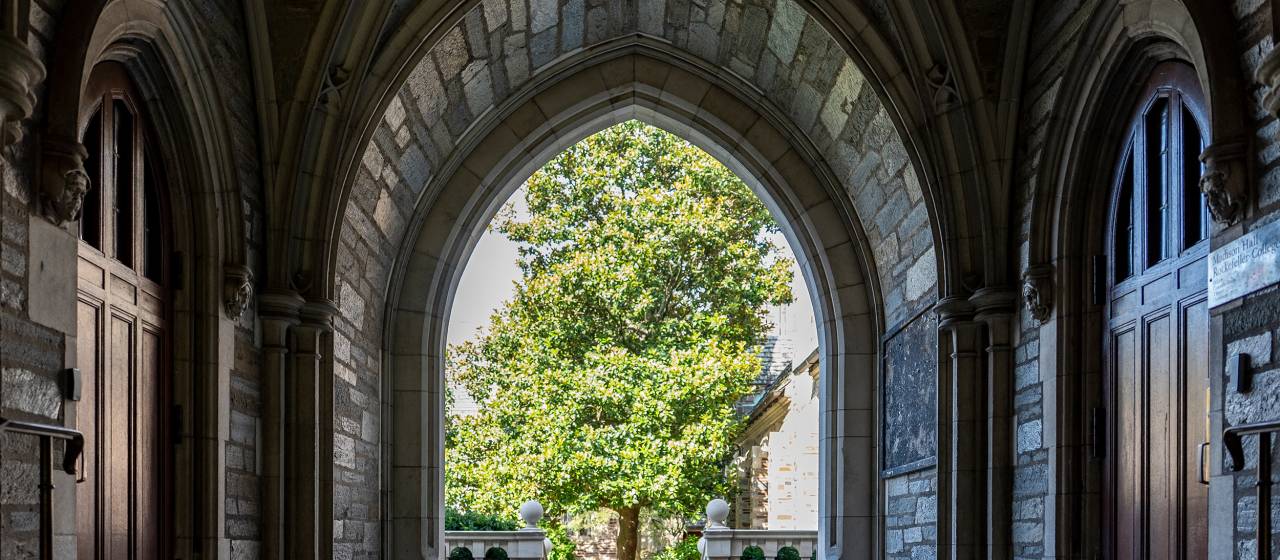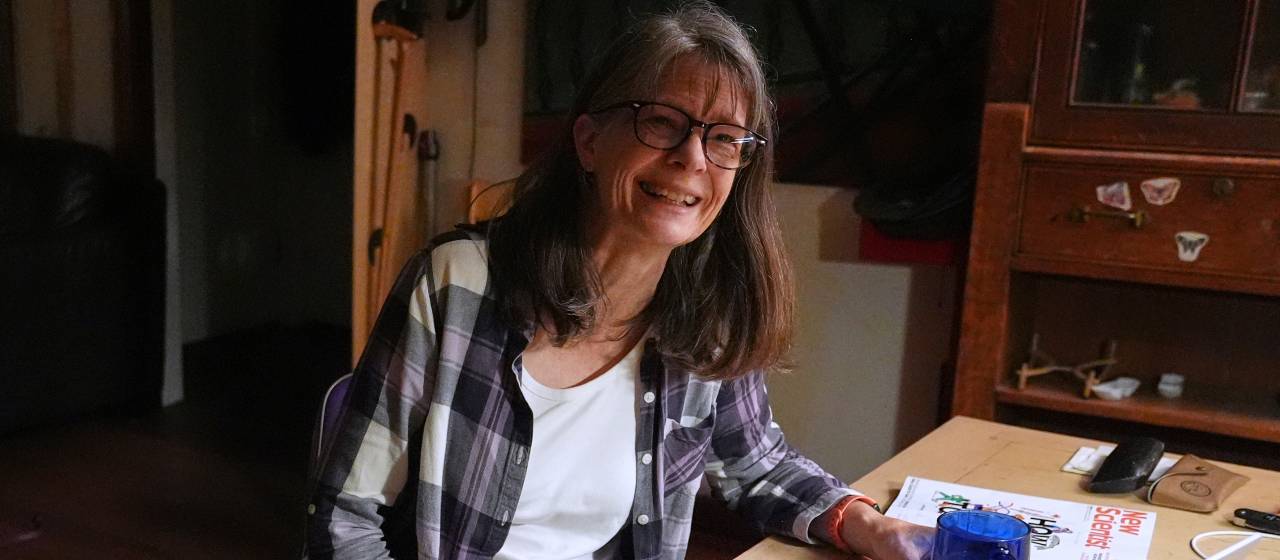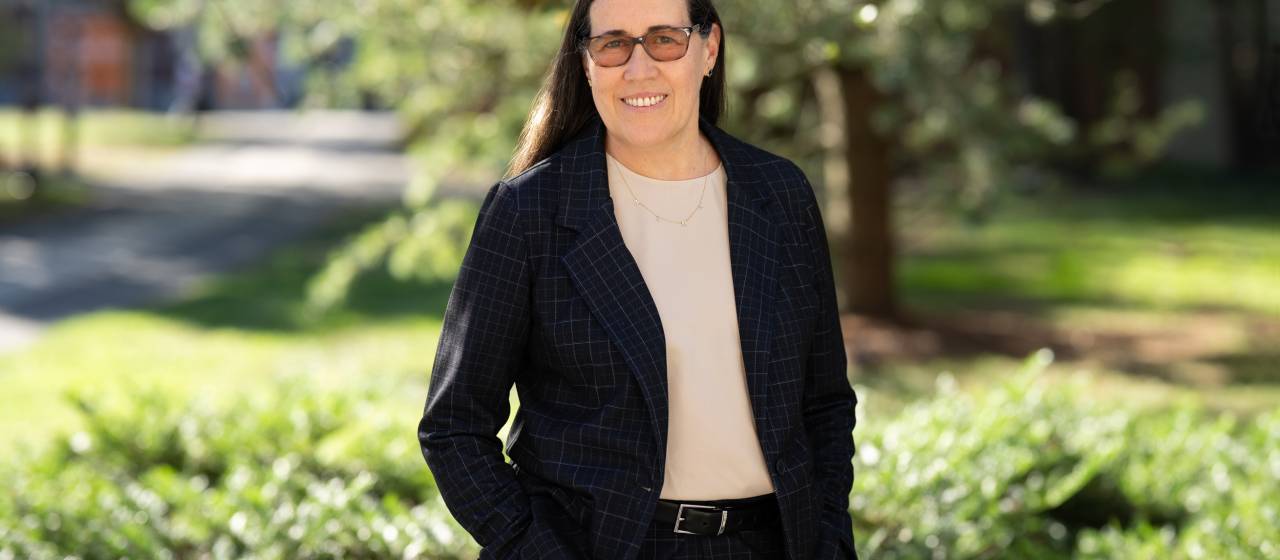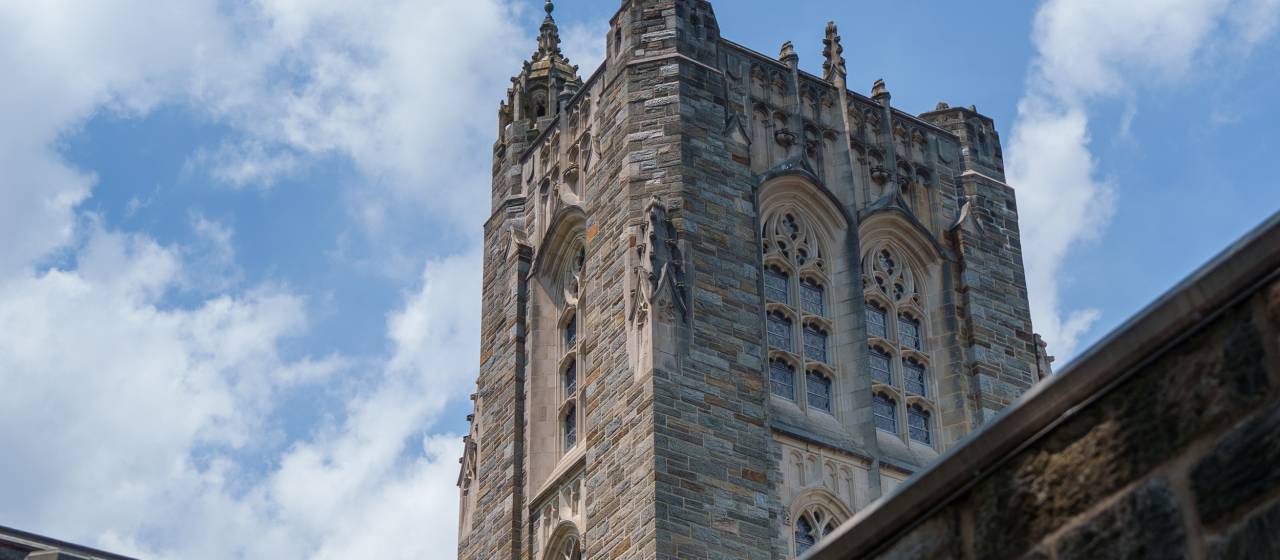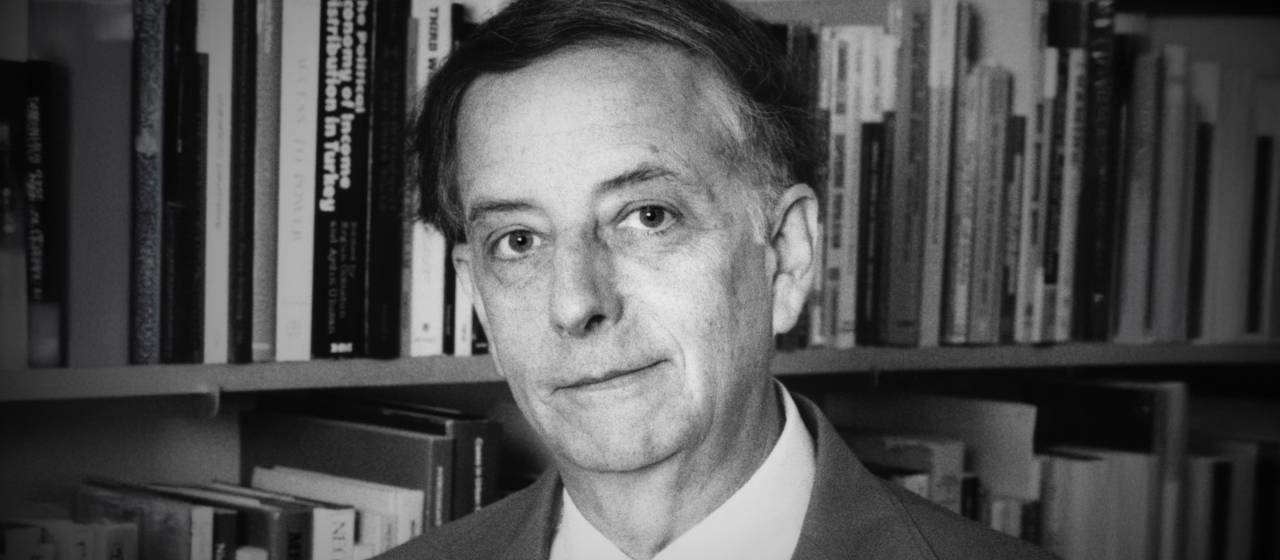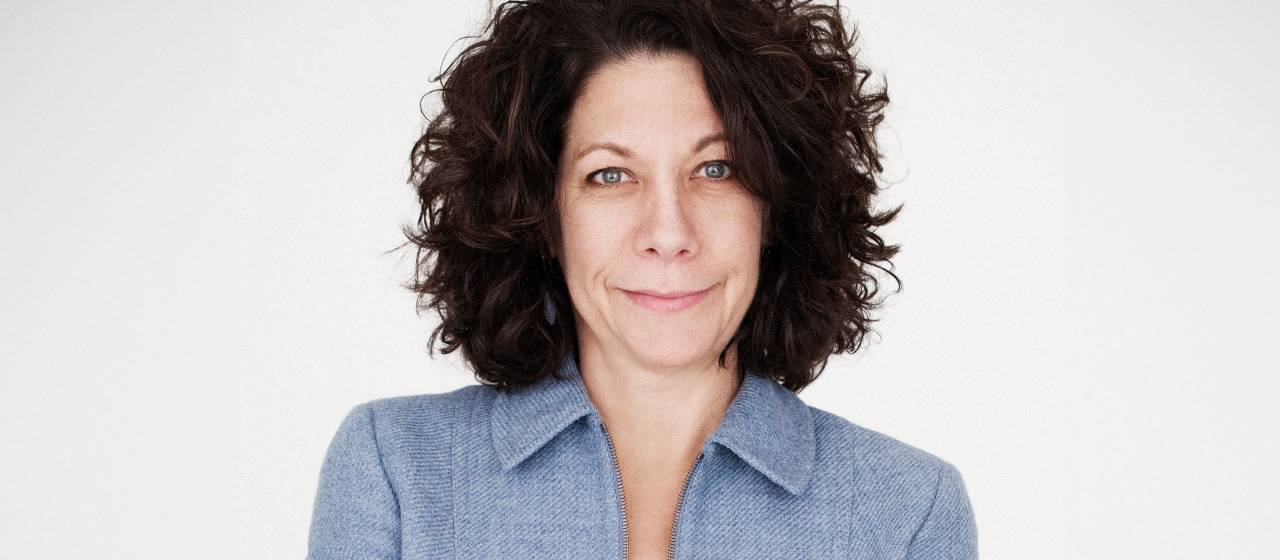Fifteen scholars named Presidential Postdoctoral Research Fellows
Fifteen scholars will join the Princeton Presidential Postdoctoral Research Fellows program for its 2025 cohort, from disciplines spanning the humanities, engineering, sciences and social sciences.
The program, now in its sixth year, recognizes and supports outstanding scholars primed to make important contributions in their fields. By bringing together scholars across academic fields, the program allows them to deepen their disciplinary expertise while testing out new ideas from other disciplines. These scholars will contribute to the University’s excellence and its diversity, broadly defined. The program is open to all eligible scholars, regardless of identity. Financial support is provided for up to two years at full salary.
“Having had the privilege of mentoring through this program, I can attest that the cohort experience, where scholars from sciences, humanities, engineering and social sciences come together, sparks interdisciplinary conversations that invigorate work in surprising ways,” said Jennifer Jennings, professor of sociology and public affairs, who is serving as the program’s acting faculty director for 2025-26. “The unique value of this model lies in that intersection: where bold ideas meet rigorous grounding, where community meets autonomy, and where early-career scholars are positioned not just to contribute, but to lead.”
The 2025 Presidential Postdoctoral Research Fellows are listed below.
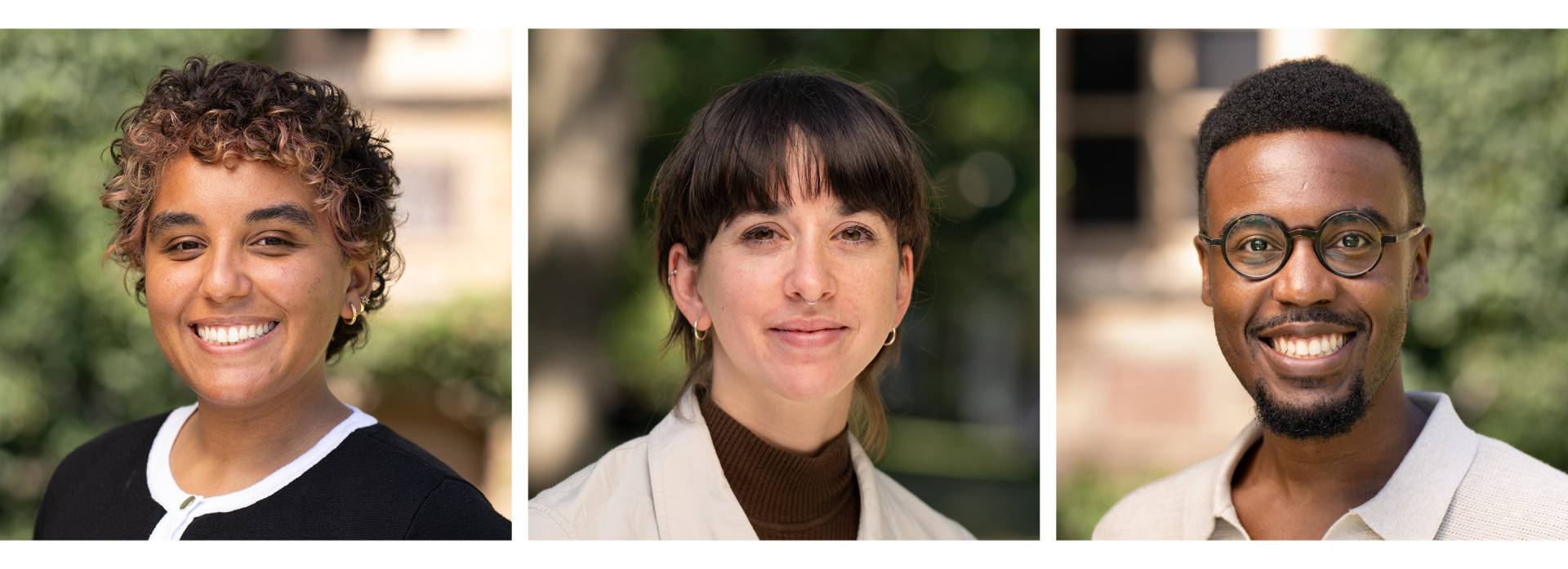
(Left to right) Salma Abdel Magid, Sam Bourgault and Chris Carr.
Salma Abdel Magid joins the Department of Computer Science, with research developing interpretable computer vision and language models that are explainable to humans, aiming to improve their safety and alignment with human values. She also investigates how bias and spurious correlations propagate throughout the machine learning pipeline, with the goal of building more transparent, fair and responsible AI systems. Abdel Magid holds a doctorate in computer science from Harvard University, and an M.S. in computer science and engineering and a B.S. in computer science from Santa Clara University. She is advised by Olga Russakovsky, associate professor of computer science and associate director of Princeton Lab for Artificial Intelligence.
Sam Bourgault joins the School of Architecture, developing digital fabrication and robotic systems to support and extend art and craft practices through collaboration with domain experts and research-creation. Bourgault holds a Ph.D. and M.S. in media arts and technology from the University of California-Santa Barbara, a B.F.A. in computation arts from Concordia University, and a bachelor’s degree in engineering physics from Polytechnique Montréal. She is advised by Daniela Mitterberger, assistant professor of architecture.
Chris Carr joins the Department of Astrophysical Sciences, researching the interplay between galaxies and their surrounding gaseous atmospheres. Using a combination of analytical and computational approaches, he models the thermal and chemical properties of this diffuse gas to understand its role as a regulator and driver of galaxy evolution. Carr holds a Ph.D. and M.Phil. in astronomy and astrophysics from Columbia University and a B.A. in astronomy and physics from Case Western Reserve University. He is advised by Eve Ostriker, the Lyman Spitzer, Junior Professor of Theoretical Astrophysics, professor of astrophysical sciences and associate chair for the Department of Astrophysical Sciences.

(Left to right) Rodrigo Carrasco-Davis, Varaidzo Chakafana and Tiwalayo Eisape.
Rodrigo Carrasco-Davis joins Princeton Neuroscience Institute, aiming to establish a framework for understanding human learning to enable better long-term learning in artificial systems. His research proposes mathematical theories that capture the features and complexity of learning in both biological and artificial agents. Carrasco-Davis holds a Ph.D. in theoretical neuroscience from University College London and master’s and bachelor’s degrees in electrical engineering from Universidad de Chile. He is advised by Jonathan Cohen, the Robert Bendheim and Lynn Bendheim Thoman Professor in Neuroscience, professor of psychology and neuroscience, and associate director of the Natural and Artificial Minds initiative.
Varaidzo Chakafana joins the Department of Chemical and Biological Engineering, researching plant microbe interactions through phytomicrobiome identification and microbial engineering to understand their mechanisms toward plant growth and development. Chakafana holds a Ph.D. in microbiology from Rhodes University, an M.Sc. in plant science and biotechnology from the University of Leeds and a B.Sc. in biotechnology from Chinhoyi University of Technology. She is advised by Jonathan Conway, assistant professor of chemical and biological engineering.
Tiwalayo Eisape joins the Department of Computer Science. His research applies methods from computational cognitive science to reverse-engineer the human capacity for language, and to study and build artificial intelligence that can use language with similar efficiency. Eisape holds a Ph.D. in cognitive science from Massachusetts Institute of Technology and a B.S. in computer science from Boston College. He is advised by Tom Griffiths, the Henry R. Luce Professor of Information Technology, Consciousness, and Culture of Psychology and Computer Science, and director of the Princeton Lab for Artificial Intelligence and by Adele Goldberg, the Moses Taylor Pyne Professor of Psychology.
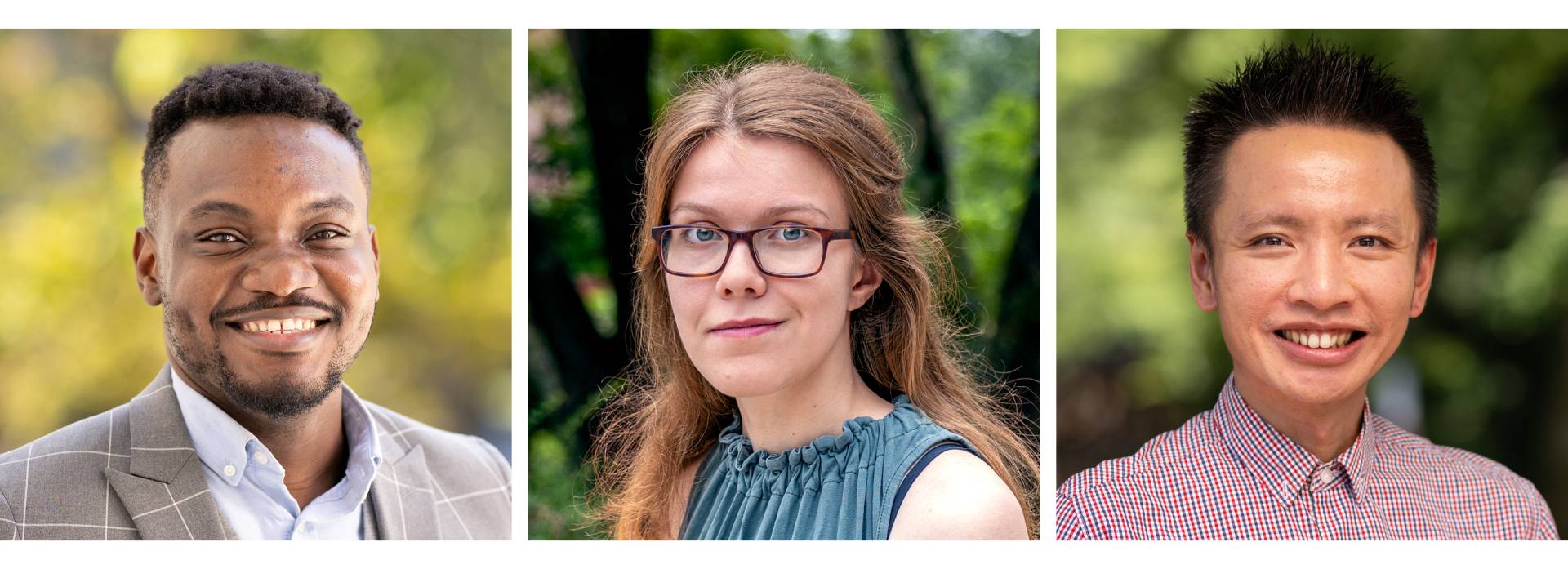
(Left to right) Benjamin Emenike, Janni Harju and Bo-Wei Hu.
Benjamin Emenike joins the Department of Chemistry, seeking to develop a novel chemical platform for activity-based sensing and profiling of single atom oxidation of methionine (MetO), as well as decoding the methionine redox code in healthy and diseased cells to potentially uncover novel MetO therapeutic targets. Emenike holds a Ph.D. in chemistry from Emory University and a B.Sc. in biochemistry from Nnamdi Azikiwe University. He is advised by Christopher Chang, the Edward and Virginia Taylor Professor of Bioorganic Chemistry, and professor of chemistry.
Janni Harju joins the Department of Physics, to study how phages — viruses that infect bacteria — operate and make decisions. Harju uses simulations, data-driven modeling and theoretical physics to search for new mechanistic insights into biological phenomena. She holds a Ph.D. in theoretical biophysics from Vrije Universiteit Amsterdam, an M.Sc. in theoretical and mathematical physics from Ludwig Maximilian University of Munich, and a B.Sc. in mathematics and physics from the University of Manchester. She is advised by Ned Wingreen, the Howard A. Prior Professor in the Life Sciences, and professor of molecular biology and the Lewis-Sigler Institute for Integrative Genomics. Wingreen also serves as associate director of the Lewis-Sigler Institute and Princeton Center for Theoretical Science, as well as director of the Graduate Program in Quantitative and Computational Biology.
Bo-Wei Hu joins the Department of Sociology. His research lies at the intersection of economic sociology, organizational theory and social stratification. He examines how financial systems shape household indebtedness, with particular attention to the role of banking organizations. Methodologically, he employs quantitative and comparative approaches to study these dynamics across countries. Hu holds a Ph.D. and M.A. from the University of California-Los Angeles, an M.A. from National Tsing Hua University, and a B.A. from National Taipei University, all in sociology. He is advised by Adam Goldstein, associate professor of sociology and public affairs.
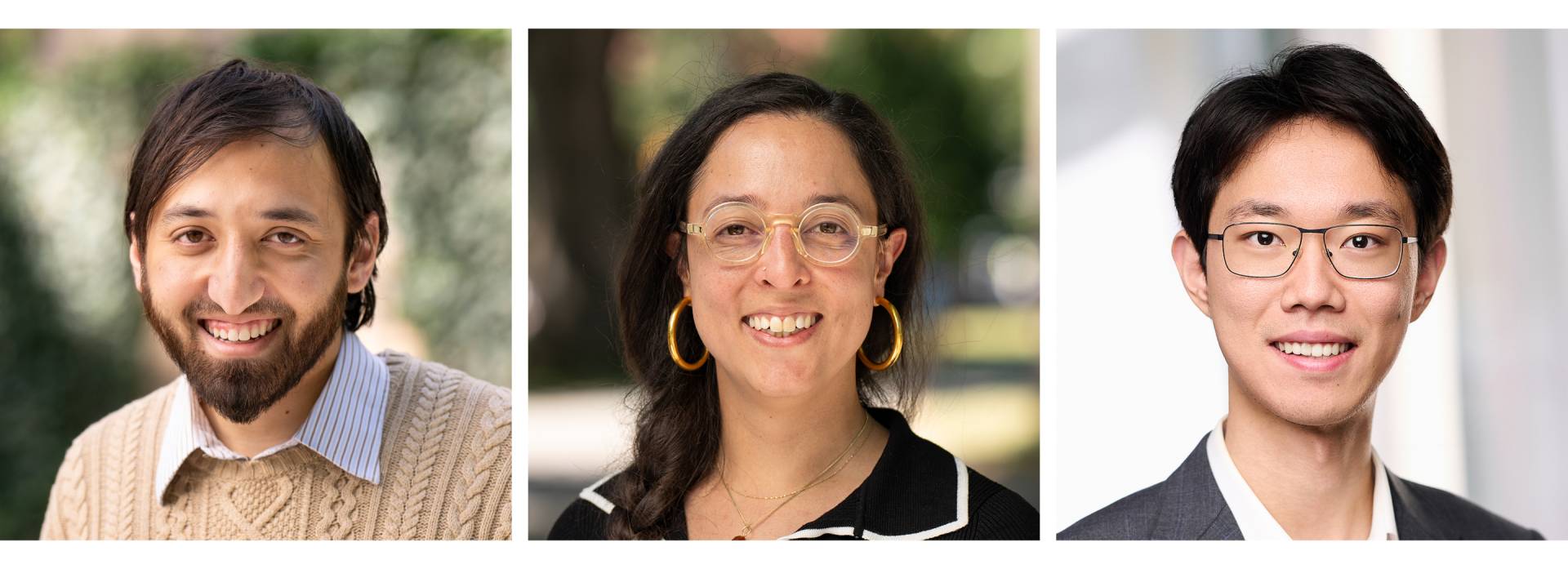
(Left to right) Ibrahim Khan, Paola Langer and Fengyuan “Michael” Liu.
Ibrahim Khan joins the Department of History. His research takes a historical and normative approach to multiple topics in international legal and political thought and comparative constitutionalism. In the broadest sense, Khan brings Global South perspectives and experiences to the study of international and constitutional law, particularly focusing on war and peace, as well as postcolonial constitutionalism and statehood. Khan holds a Ph.D. in political science from the University of Chicago, an M.Phil. in international relations and politics from the University of Cambridge, an M.St. in Islamic studies and history from University of Oxford, and a B.A. in English and cognitive science from Rice University. He is advised by Natasha Wheatley, associate professor of history.
Paola Langer joins the Department of Sociology. Langer studies the political and policy determinants of health and inequalities based on race/ethnicity and immigrant status using statistical and quasi-experimental methods. Her work analyzes how democratic backsliding and the erosion of social rights through the criminalization of poverty and immigration affect racial inequities in health and immigrant integration. Langer holds a Ph.D. from the University of California-Davis, and an M.A. and B.A. from the Pontifical Catholic University of Chile, all in sociology. She is advised by Florencia Torche, the Edwards S. Sanford Professor of Sociology and International Affairs of Princeton School of Public and International Affairs and Sociology.
Fengyuan “Michael” Liu joins the University Center for Human Values, focusing on how recent advances in artificial intelligence shape diversity in science. With a background in metascience, Liu investigates inequalities and biases in scientific research using computational and survey methods. Liu holds a Ph.D. in computer science from New York University and a B.S. in computer science from New York University Abu Dhabi. He is advised by Molly Crockett, professor of psychology and the University Center for Human Values.
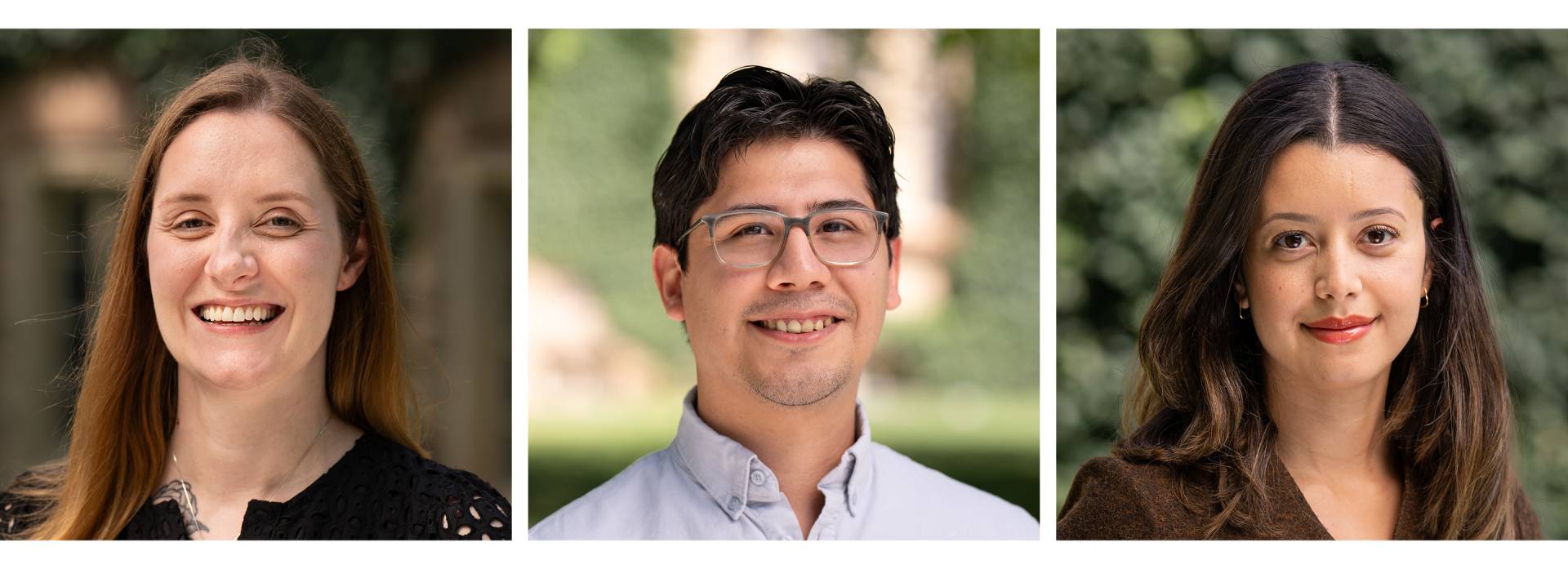
(Left to right) Elizabeth Quinn-Jensen, William Reyes and Georgia Soares.
Elizabeth Quinn-Jensen joins the Department of Psychology, where she is exploring how organizations' responses to anti-diversity, equity and inclusion policies impact cross-race interactions. Quinn-Jensen’s research interests include how social norms and organizational messaging about diversity shape social judgments and intergroup interactions. Quinn-Jensen holds an M.A. and Ph.D. in social psychology from the University of California-Santa Barbara, and a B.S. in psychology from Northwestern University. She is advised by Stacey Sinclair, professor of psychology and public affairs, and by Nicole Shelton, the Stuart Professor of Psychology.
William Reyes joins the Department of Geosciences, with research focused on studying the extent of evolutionary convergence in the reproduction modes across squamates and archosaurian reptiles. He aims to integrate developmental studies on extant reptiles and incorporate the fossil record to determine if viviparity independently evolved in the crocodylian ancestry, challenging the hypothesis that all archosaurs were oviparous as suggested by the recovery of fossilized eggs across several dinosaur groups. Reyes holds a Ph.D. from the University of Texas-Austin and a B.S. from the University of Houston-Downtown, both in geosciences. He is advised by Christopher Griffin, assistant professor of geosciences.
Georgia Soares joins the Department of English, examining literary representations of education and identity in U.S. and Brazilian fiction. In her research, she analyzes how 20th-century shifts in educational access influenced writers’ portrayals of identity as a site of learning and performance. She holds a Ph.D. and A.M. in comparative literature from Harvard University, an M.Phil. in comparative and international education from the University of Oslo, and a B.A. in English from the University of Southern California. She is advised by Simon Gikandi, the Class of 1943 University Professor of English and chair of the English department.
Latest Princeton News
- Princeton alumna Mary Brunkow *91 receives Nobel Prize in Physiology or Medicine
- In the hallways of Princeton, a fascination with the human mind unlocked the power of deep learning
- Mónica Ponce de León to conclude her service as dean of the School of Architecture
- Board approves six new faculty appointments
- Julian Wolpert, a pioneer of urban planning and 'permanent giant in geography,' dies at 92
- Bonnie Bassler named University Professor



